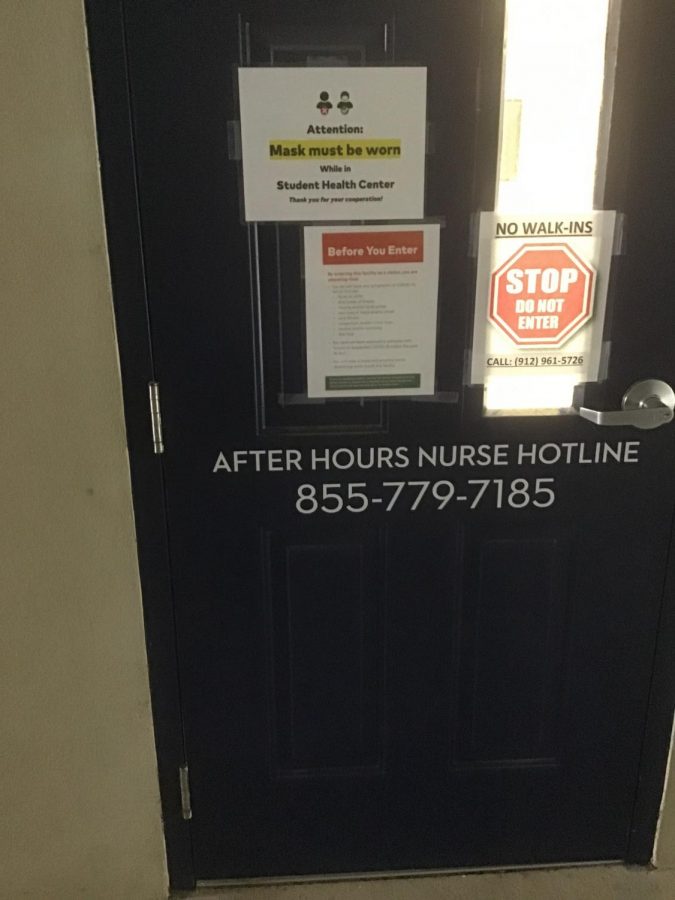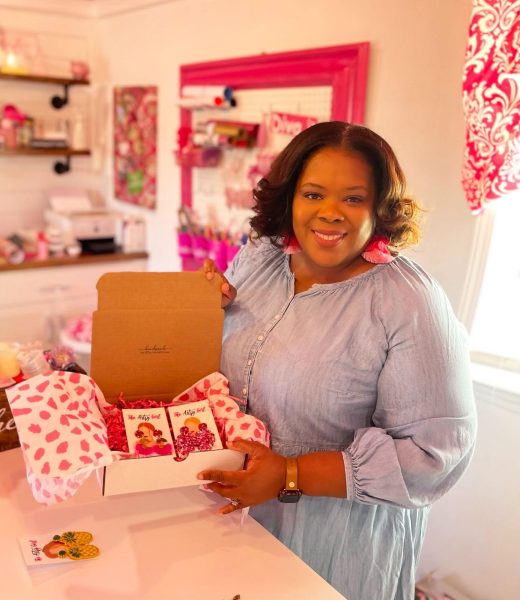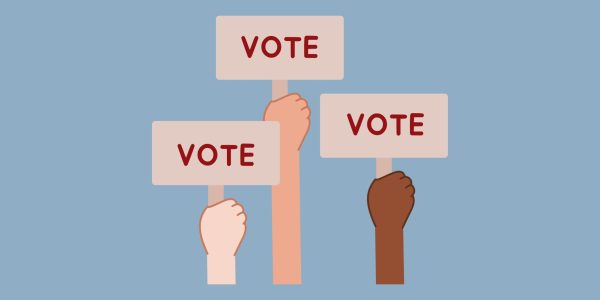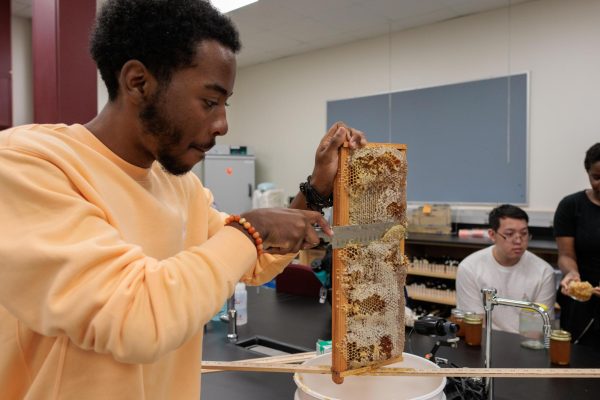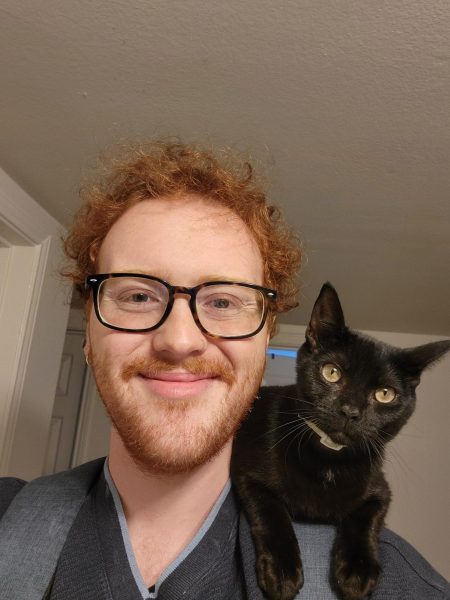Crash Course in Health Literacy
How to Communicate More Effectively with Healthcare Providers
University Health Center on the Armstrong Campus
College teaches students about how to succeed in the classroom and in their future careers. It sometimes fails to give students important life skills that they need to succeed outside of those environments.
One of those skills is health literacy or the ability to locate, understand and use health information to make decisions.
The COVID-19 pandemic brought to light the importance of understanding one’s health information, but COVID-19 is not the only reason why it’s important for one to be health literate.
“It is important for students to be literate in health information so that they can advocate for their own health and wellbeing. Advocating for yourself will lead to better health outcomes and better health care,” says Dr. Gemma Skuraton, the Director of Student Wellness and Health Promotion.
“No one will take care of your health more than you. So, being literate about how to do that well for yourself, your family, and your community is a winning move,” says Dr. Jeffrey Jones, Associate Professor of Health Policy and Community Health.
To improve their health literacy, students should enhance their knowledge of biology, chemistry, and health that they learned in high school, middle school, and elementary school.
For students who would like to expand their knowledge in these areas, Georgia Southern offers courses and programs in microbiology, environmental health, public health, nutrition, and more. These programs offer further understanding of how people interact with pathogens and environments.
“Beyond the university, it is always wise to ask your healthcare provider to explain conditions or issues you may have,” Jones says. “Don’t be afraid to ask your physician, nurse, pharmacist, etc. questions.”
“Do not walk away from an appointment or meeting with a healthcare professional confused or with more questions,” Skuraton says.
“Students can improve their health literacy by asking questions, understanding their own medical history, being honest about it, and researching medical and health information from reputable sources,” Skuraton says.
Some of these reputable sources include US Centers for Disease Control and Prevention (CDC), World Health Organization (WHO), National Institutes of Health (NIH), the Mayo Clinic, The Lancet, peer-reviewed studies on Google Scholar, credible medical journals such as Journal of the American Medical Association (JAMA) or the New England Journal of Medicine.
Students should also ask questions about the methodology of the studies they read, according to Jones.
“It is important for students to speak clearly and confidently and ask questions when something is not clear. It is not disrespectful to ask for clarification, more information, or for a better understanding of something. If you would like to know more about a medical procedure, a test, a test result, a diagnosis, or a treatment plan, you should ask,” Skuraton says.
Healthcare providers expect questions about treatment options and unfamiliar terms.
“If you have concerns or doubts, explain that you have some hesitancy and ask if there is information your provider can point you towards to address your doubts. Your providers have probably had to educate themselves too and can share where and what they learned,” says Jones.
Skuraton gives a few examples of how to address concerns and ask questions of healthcare providers:
- Where can I find more information about___?
- When I was researching this, I found another treatment option. What are your thoughts on this treatment option?
- I am sorry, I don’t understand, can you break it down for me please?
“Be polite and keep in mind that your provider is trying to help you and has many years of education and often field experience. As the internet meme famously says, your Google search does not equate to their medical degrees,” says Jones.
Peer-reviewed scientific studies and conspiracy theories can all be found online. Opinionated people rig the search algorithms, so the less reputable sources appear first. Many people get their news from friends with similar views on social media.
“It is far too easy for us all to find online information that matches what we want to believe,” says Jones.
Improving your health literacy can be a daunting task, but your health outcomes will improve if you accept it and start improving your health literacy with these three steps:
- Conducting research with reputable sources to help you form your questions
- Coming to doctor’s appointments prepared with your list of informed questions and the necessary paperwork such as insurance information, medication lists, and medical history
- Understanding you always have an option for a second or third opinion will help you be more health literate in your interactions with healthcare providers.


